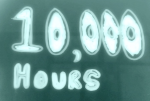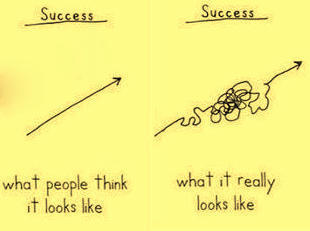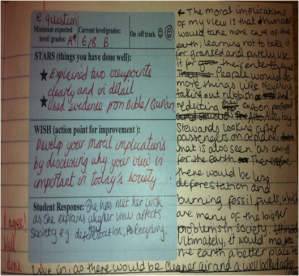Fascinating post on teachers’ use of social media. Perhaps the quickest and most effective ‘do-it-yourself CPD’ available…
“The internet: probably the most important human invention since the printing press…”
A long-overdue technological revolution in education is at last under way, says The Economist.
This week, The Economist ran a briefing on education technology. As long ago as 1913, Thomas Edison predicted the motion picture would make the book obsolete in the classroom. Though it ‘has been on the verge of transforming education for over a century, this time it looks as though it will’. This time is different, The Economist argues, because of high-speed networks, cheap tablets, big data, online gaming, adaptive software and private equity. In 2012, around $1.1 billion of venture capital was invested into edtech in the US alone. Pearson has spent over $9 billion in the past decade on technology. As Bill Gates said in 2013, ‘this is a special time in education’.
History tells a different story. ‘This time is…
View original post 2,055 more words






